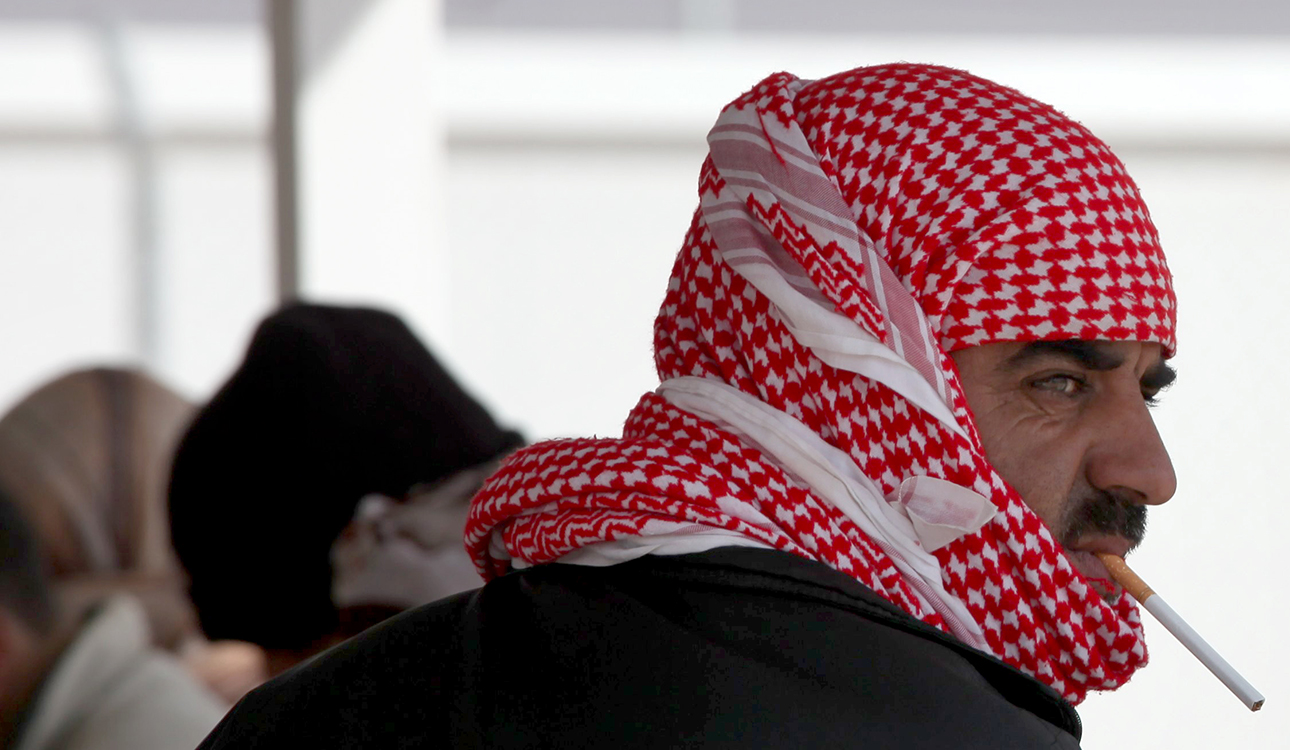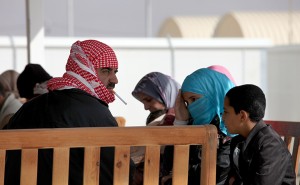

Associated Press
BEIRUT — Tensions emerged Wednesday in a newly announced alliance between al-Qaida’s franchise in Iraq and the most powerful Syrian rebel faction, which said it was not consulted before the Iraqi group announced their merger and only heard about it through the media.
Al-Qaida in Iraq said Tuesday that it had joined forces with Jabhat al-Nusra or the Nusra Front — the most effective force among the mosaic of rebel brigades fighting to topple President Bashar Assad in Syria’s civil war. It said they had formed a new alliance called the Islamic State in Iraq and the Levant.
The Syrian government seized upon the purported merger to back its assertion that it is not facing a true popular movement for change but rather a foreign-backed terrorist plot.
The state news agency said Wednesday that the union “proves that this opposition was never anything other than a tool used by the West and by terrorists to destroy the Syrian people.”
Talk of an alliance between Jabhat al-Nusra and al-Qaida in Iraq has raised fears in Baghdad, where intelligence officials said increased cooperation was already evident in a number of deadly attacks.
And in Syria, a stronger Jabhat al-Nusra would only further complicate the battlefield where Western powers have been covertly trying to funnel weapons, training and aid toward more secular rebel groups and army defectors.
Washington has designated Jabhat al-Nusra a terrorist organization over its links with al-Qaida, and the Syrian group’s now public ties with the terrorist network are unlikely to prompt a shift in international support for the broader Syrian opposition.
Earlier this year, the U.S. announced a $60 million non-lethal assistance package for Syria that includes meals and medical supplies for the armed opposition. It was greeted unenthusiastically by some rebel leaders, who said it does far too little.
Washington’s next step is expected to be a broader package of non-lethal assistance, expanding from food and medical supplies to body armor and night-vision goggles.
However, President Barack Obama has not given final approval on any new package and an announcement is not imminent, a senior administration official said.
Secretary of State John Kerry, who met with Syrian opposition leaders in London on Wednesday, hinted at the new non-lethal aid package this week, saying the administration had been holding intense talks on how to boost assistance to the rebels.
The U.S. opposes directly arming Syrian opposition fighters, in part out of fear that the weapons could fall into the hands of Islamic extremists such as Jabhat al-Nusra.
The apparent tensions between Jabhat al-Nusra and al-Qaida in Iraq emerged on Wednesday, when Nusra leader Abu Mohammad al-Golani appeared to distance himself from claims the two groups had merged. Instead, he pledged allegiance to al-Qaida’s leader, Ayman al-Zawahiri.





